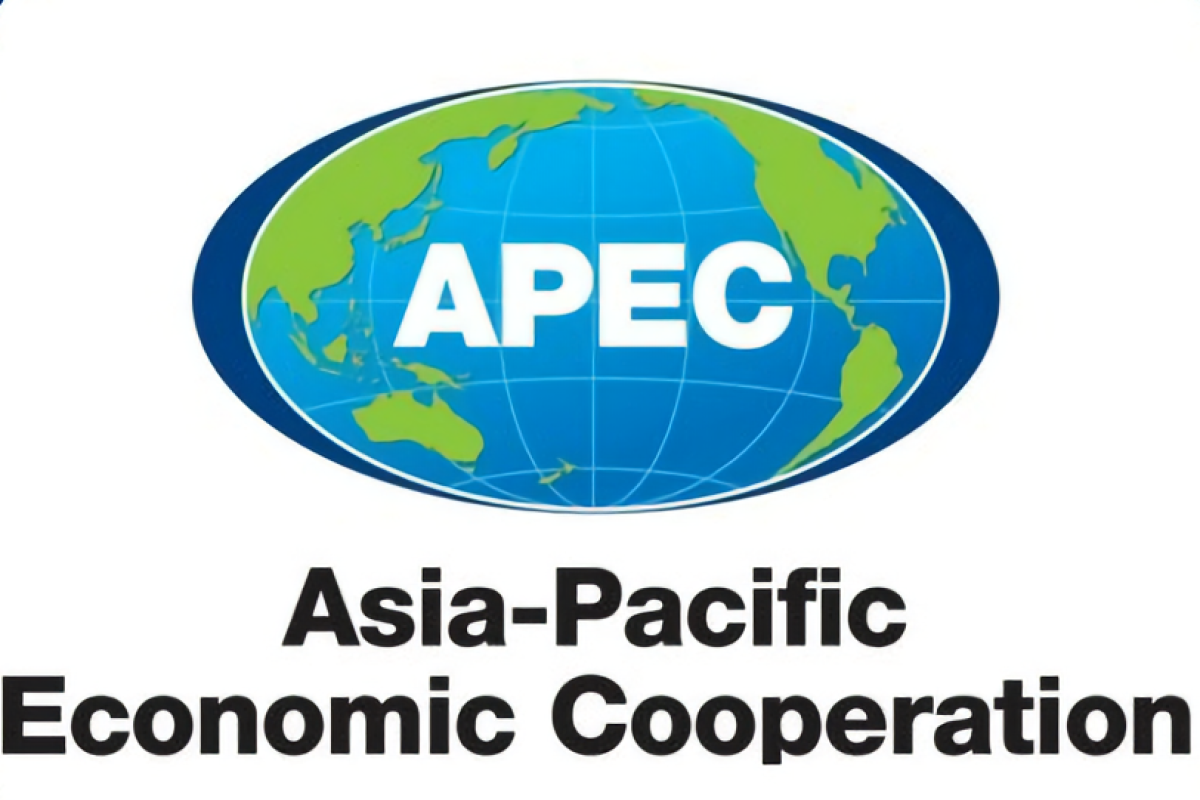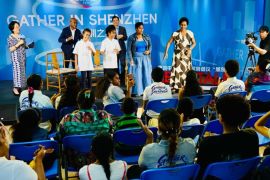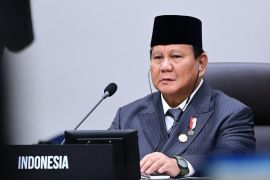APEC must also learn from this crisis. Just as it prepares for an economic and financial crisis, the APEC region should also stand ready to counter the ill-effects of any pandemicJakarta (ANTARA) - Asia-Pacific Economic Cooperation (APEC) members should develop a pandemic planning and policy toolkit identifying crucial health measures and policy actions that economies should employ promptly and during various phases of a pandemic.
The emergence of COVID-19 has underscored the need to develop such preparedness toolkit for facing the pandemic, Director of the APEC Policy Support Unit Denis Hew noted in a written statement issued by the APEC Secretariat and received here on Tuesday.
During the initial months of 2020, the COVID-19 pandemic had quickly evolved, from a public health emergency to an economic crisis.
The International Monetary Fund (IMF) has recently forecast that the global economy will dive into deep recession in 2020.
APEC economies have countered it through containment measures to save lives and macroeconomic policy measures to support health systems, households, and businesses, including micro, small, and medium enterprises (MSMEs).
The region’s swift and significant macroeconomic support is testament to the fact that APEC economies have learned from past episodes of crisis affecting the region, including the 1997 Asian Financial Crisis, the 2003 Severe Acute Respiratory Syndrome (SARS), and the 2008–2009 Global Financial Crisis.
In June 2007, APEC had set up the Health Working Group (HWG) to underline the significance of continuing dialogue on health policy across the region in accordance with APEC’s view that a good health policy is also good economic policy.
In June 2014, health ministers from APEC economies formulated a "Healthy Asia-Pacific 2020" initiative to develop sustainable and high-performing health systems that support universal coverage and health preparedness, surveillance, and response and recovery systems.
"APEC must also learn from this crisis. Just as it prepares for an economic and financial crisis, the APEC region should also stand ready to counter the ill-effects of any pandemic," Hew stated.
Hew believes that to this end, APEC economies should work together to develop a pandemic planning and policy toolkit.
"This toolkit should be reflective of APEC economies' different levels of capacity for health emergency planning and should be participative in nature, predicated on the active engagement of a dedicated body that is composed by representatives from relevant government agencies, private organizations, and the community," Hew remarked.
Combining information from the World Health Organization’s (WHO’s) -- "A Checklist for pandemic influenza risk and management impact"(2018 update) -- and lessons learned so far in addressing the COVID-19 pandemic, the APEC Policy Support Unit (PSU) came up with a list of essential and desirable elements for pandemic planning.
Hew expounded that the "essential" factors are the minimum elements that economies need to do while the "desirable" factors are those that could be incorporated in the pandemic planning toolkit when resources allow.
"The checklist is not exhaustive or comprehensive. However, it serves as a starting point to guide economies as they discuss further what is available, appropriate, and feasible for their respective economies and for the region as a whole," he emphasized.
The APEC Health Working Group, along with the 21 APEC members, will need to determine the minimum standards and priority actions based on their experiences and lessons learned during the COVID-19 pandemic.
Based on the fact that 40 percent of the infected cases are coming from this region, it becomes vital for APEC policymakers to develop this checklist into a regional policy toolkit to address this current global pandemic and prepare for any future large-scale outbreaks.
Related news: Counter export ban, barriers on medical goods during pandemic: APEC
Related news: APEC faces output loss of US$2.1 trillion owing to COVID-19
EDITED BY INE
Reporter: Yuni Arisandy Sinaga
Editor: Fardah Assegaf
Copyright © ANTARA 2020











